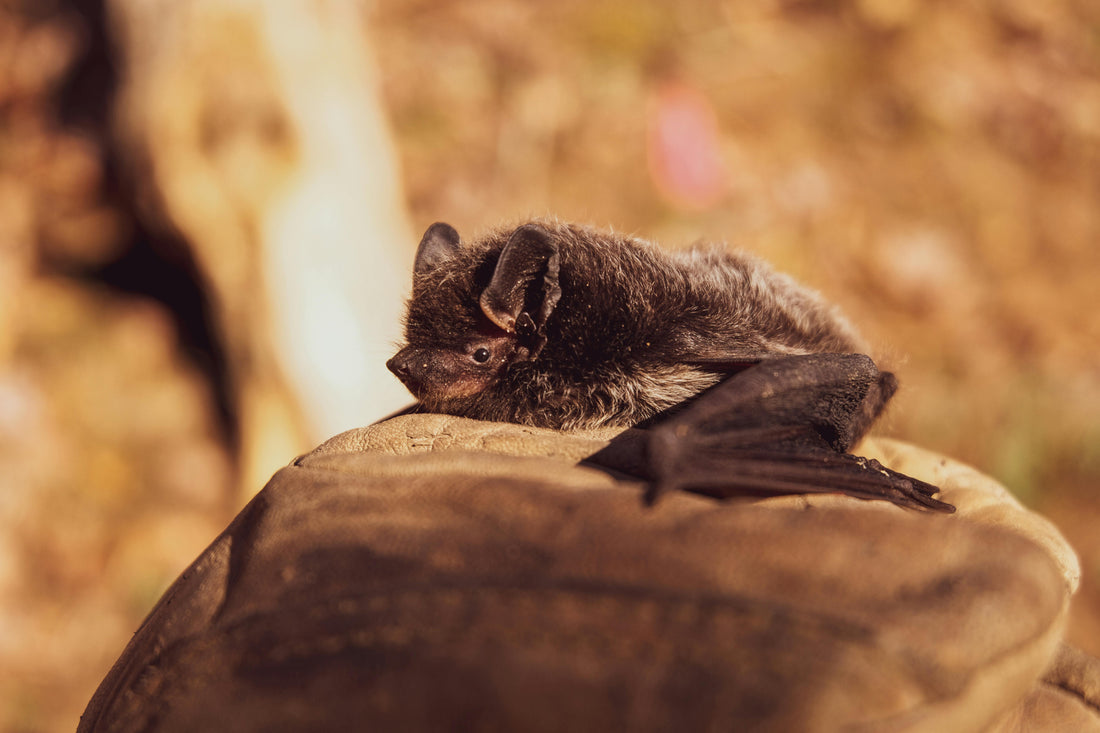
Bats of BC: Nature’s Night Shift & How to Coexist Safely
Share
In British Columbia, bats aren’t just fascinating creatures - they’re a vital part of our ecosystem. With at least 15 species calling BC home, these nocturnal allies provide free, natural insect control every night, helping to keep mosquito and crop pest populations in check.
But as summer turns to fall, their behavior changes, and you might notice them in unexpected places.
When Bats Start Moving
August is a transitional month for bats. As they leave their summer roosts, you might spot them:
-
Resting in entryways, on exposed walls, or in covered decks
-
Occasionally on the ground or even flying indoors if a door is left open at night
If you see one, never touch a bat with your bare hands—whether it’s alive or dead.
Bats Are Protected Wildlife
Under the BC Wildlife Act, it’s illegal to harm, harass, or exterminate bats. These are slow-breeding animals—females have just one pup per year.
-
June – Pups are born
-
July – Young bats learn to fly and begin hunting
-
August–September – Juveniles leave maternity colonies and must fatten up to survive the winter
Sadly, about 50% of pups don’t make it through their first winter, making conservation efforts especially important.
If You Encounter a Roosting Bat
If the bat is in a safe area, simply leave it alone. Most will fly off in the evening to forage.
If relocation is necessary:
-
Wear thick gloves and long sleeves
-
Use a small trowel, box, or cloth bag to gently move the bat
-
Place it on a tree at head height or higher—away from pets and curious children
Rabies Safety
While fewer than 1% of BC bats carry rabies, avoid all direct contact.
If bitten or scratched:
-
Wash immediately with soap and water for 15 minutes
-
Contact your doctor or public health right away
For rabies information, visit the BCCDC Rabies Page.
Keep Cats Indoors at Night
Cats can hear bat echolocation calls and are skilled hunters. In late summer, bat pups are learning to fly—making them vulnerable to cats. Keep your pets indoors during evening hours, and ensure they are vaccinated against rabies.
Need Help with Bats on Your Property?
The BC Community Bat Program can provide information, best practices, and support for roosting bats.
📧 Email: info@bcbats.ca
📞 Phone: 1-855-9BC-BATS ext. 20
Let’s work together to protect BC’s bats—nature’s night shift—and ensure these important creatures thrive for generations to come.
